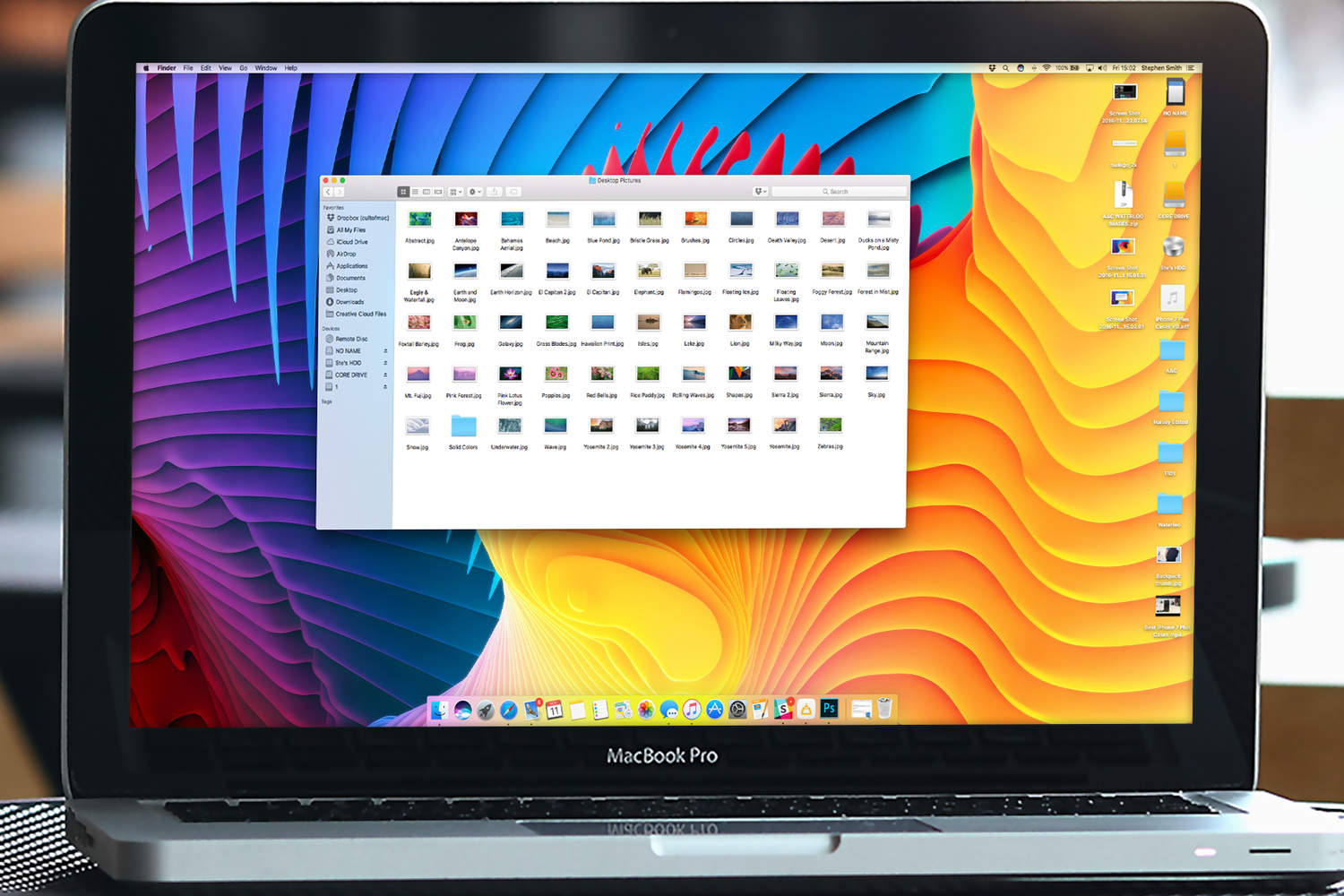
In this example, we are detecting if we have a Windows OS or a Linux based OS. #if TARGET_OS_IPHONE & TARGET_IPHONE_SIMULATOR In this example, we use the macros of Apple OS to detect which Apple OS like MacOS or iPhone is being used. #ifdef _WIN32 // Includes both 32 bit and 64 bit

For Windows, our table will be: Operating SystemĪs _WIN32 is present in both 32 bit and 64 bit Windows Operating System, we need to first check the presence of _WIN32 to confirm that it is a Windows Operating System and then, check the presence of _WIN64 to confirm whether it is a 64 bit Windows Operating System or a 32 bit Windows Operating System.įollowing is the code to check your Windows OS: #include In the following example, we are focused on detecting the flavor of Windows we are running which can be a 64 bit or 32 bit.

We will go through some basic examples and explore the use of this features in real life as well. Note that the macros are valid for GNU GCC and G++ and may vary for other compilers. Printf("You have Windows Operating System") įollowing is the list of macros defined based on the Operating System: Operating System Similarly, other operating systems have specific macro defined by the compiler.Įxample of checking Windows OS: #ifdef _WIN32 So, if the macro _WIN32 is defined, we are on Windows. For example, on Windows platform, the compiler has a special macro named _WIN32 defined. To check the operating system of the host in a C or C++ code, we need to check the macros defined by the compiler (GNU GCC or G++). Reading time: 30 minutes | Coding time: 5 minutes


 0 kommentar(er)
0 kommentar(er)
